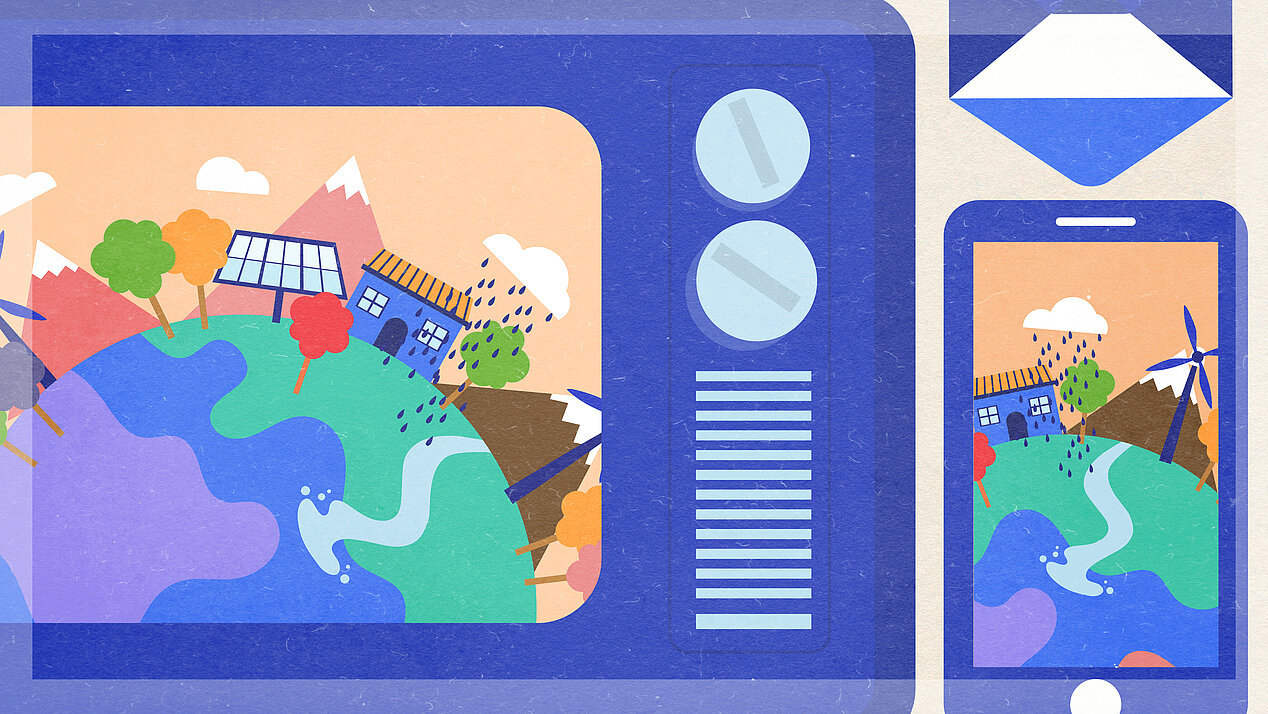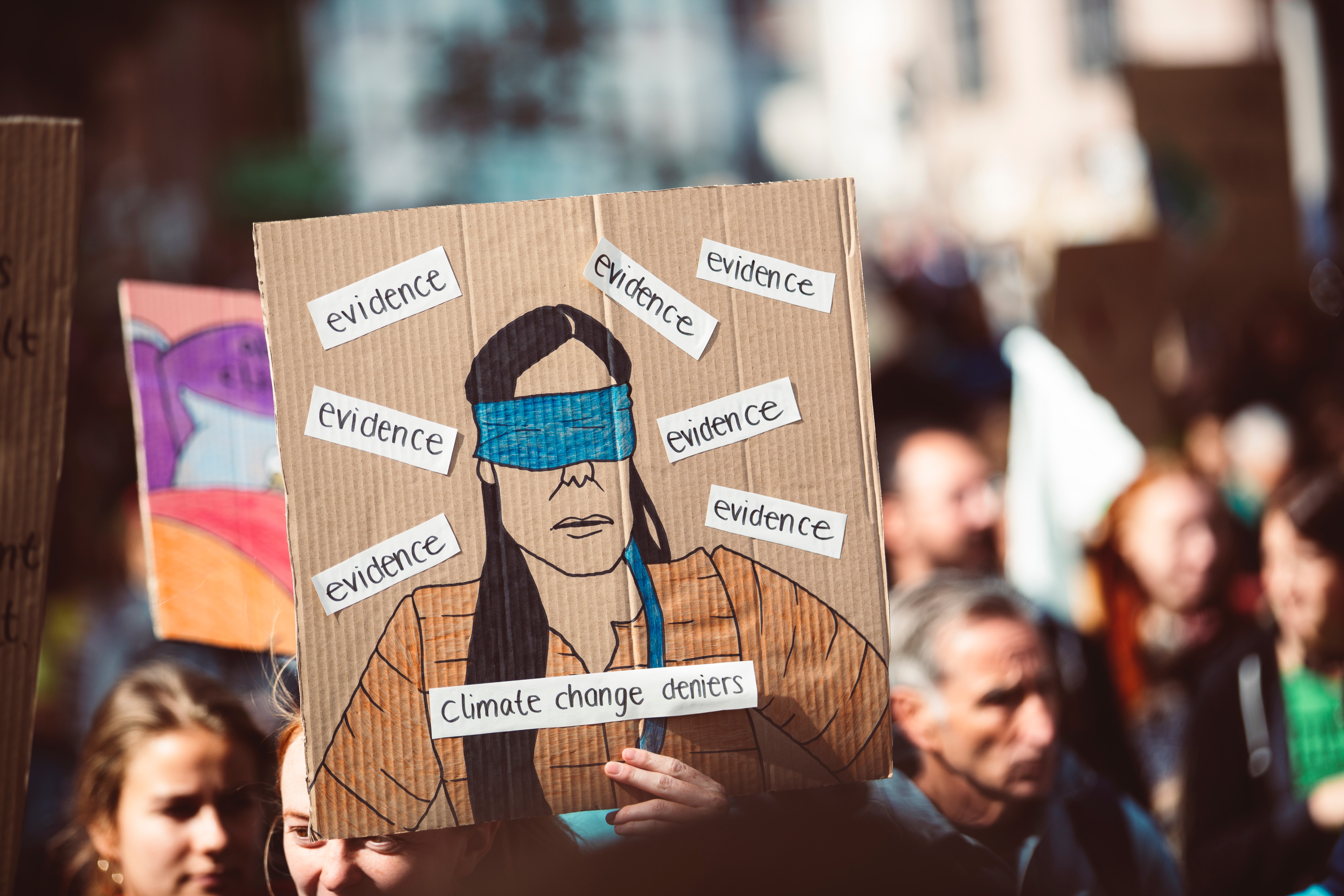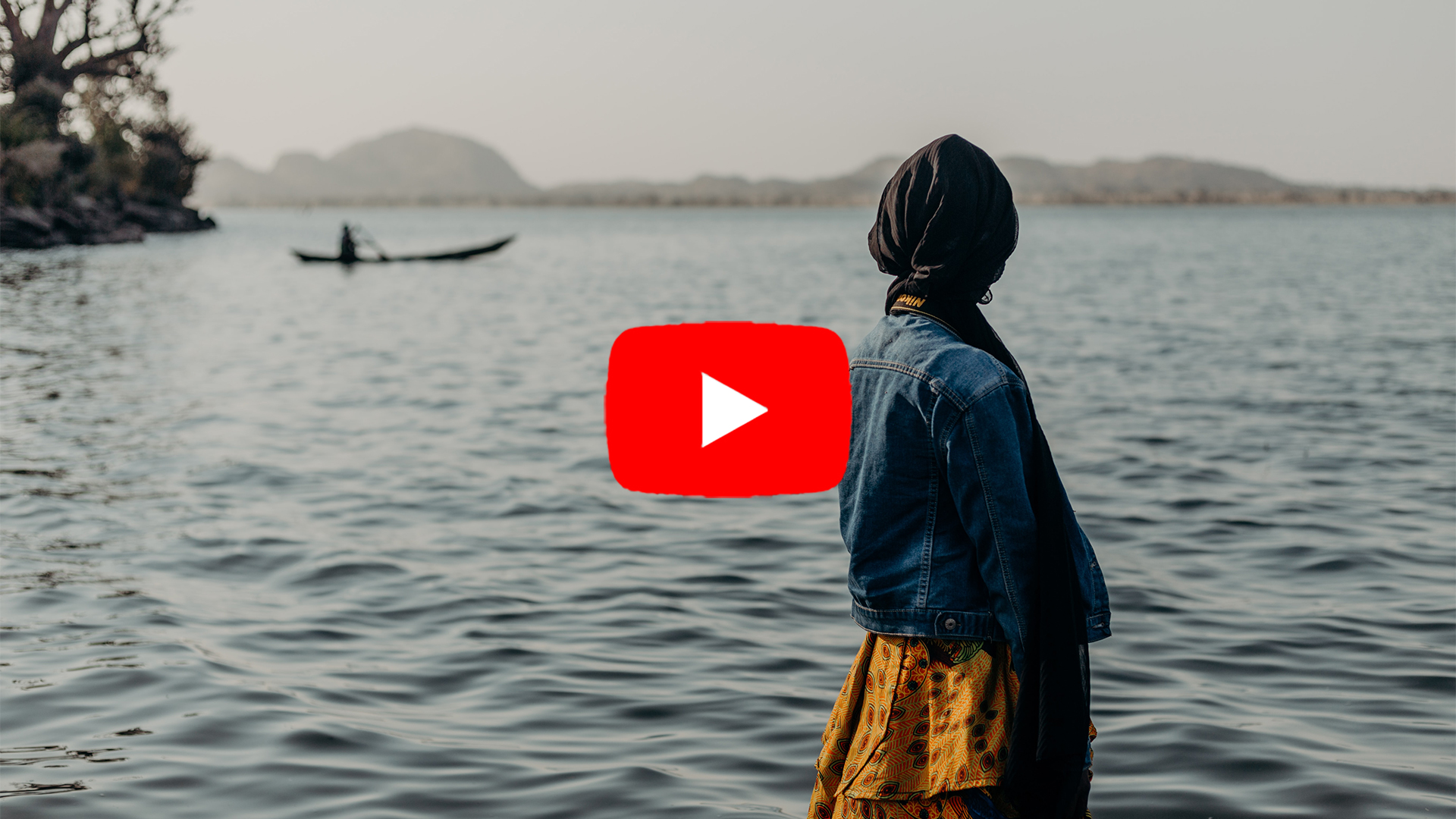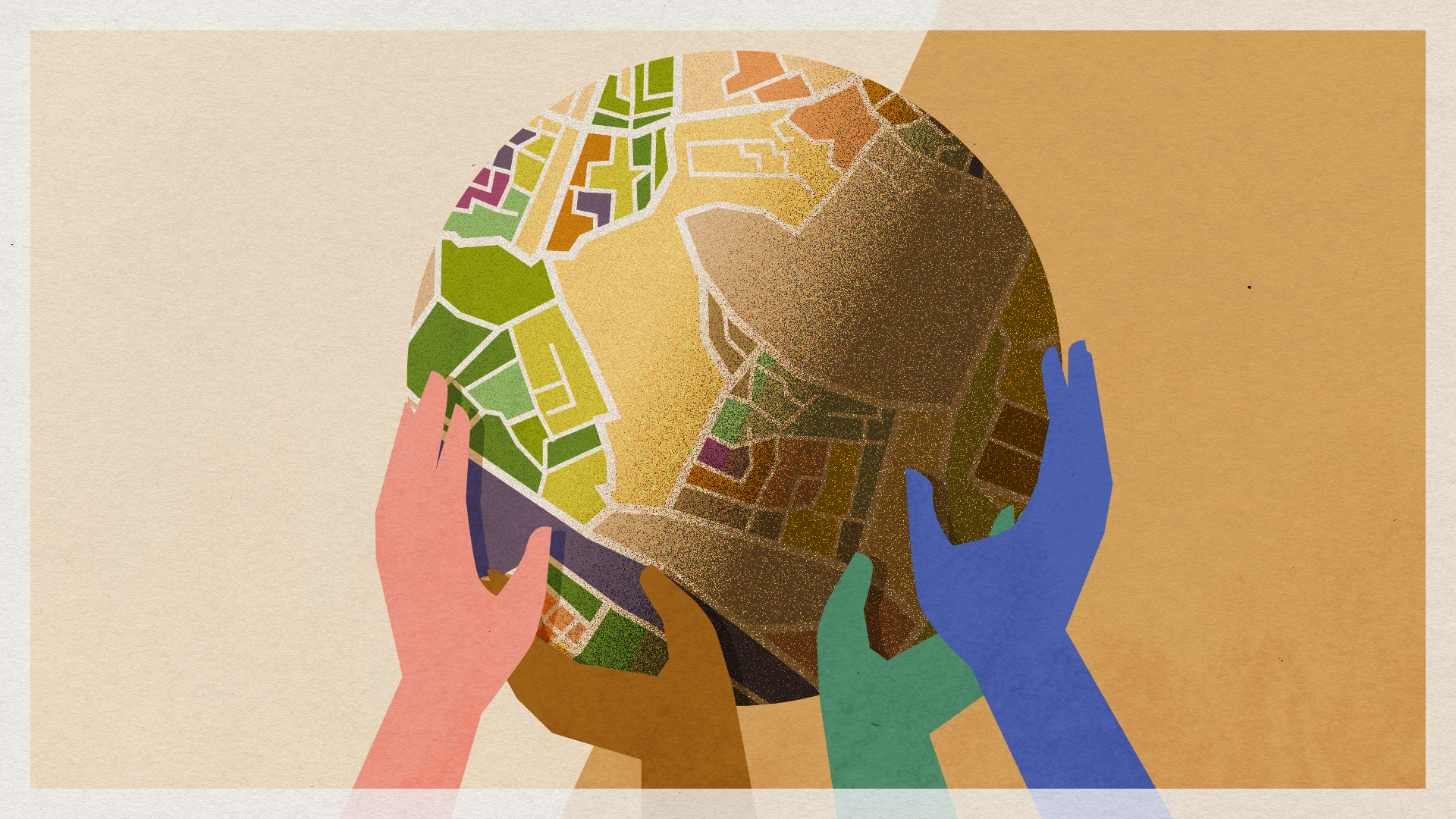How is it possible to overcome the rising feelings of despair and resignation, with constant reminders of the intractable and compounding issues contributing to the climate crisis? Media coverage and public information campaigns focused on the devastation wrought by climate change can lead to emotional exhaustion and stagnation if they fail to provide a clear roadmap for action. “It’s like getting in a taxi and saying, ‘Don’t drive me to the train station!’” explained Katharina van Bronswijk, a spokesperson for Psychologists/Psychotherapists for Future. Based on her experience as a climate activist and practicing psychologist, she emphasized the importance of providing concrete targets that sign post where we need to go with climate-friendly policies and behaviours.
Together in conversation with Dr. Michael Shank, Director of Engagement at the Carbon Neutral Cities Alliance, and Ayat Najafi, a multimedia artist and director, van Bronswijk discussed communication strategies for overcoming apathy and the particular role of the cultural sector in making complex issues approachable. Dr. Shank assessed the predominant narratives on climate change in the media, drawing on his background in writing for prominent U.S. news outlets and teaching graduate courses on sustainable development and conflict communication he argued that we have seen positive developments, despite news organizations’ earlier tendencies to establish a false equivalence by inviting climate change deniers into conversations to present an alternative opinion to the overwhelming scientific consensus on the question of human-caused climate change. Van Bronswijk added that this tactic of spreading “scientific uncertainty” was not only a media construct, but also actively pushed by the fossil fuel industry. The panel agreed this framing damaged early efforts to reach and convince audiences of the urgency of addressing climate change.






